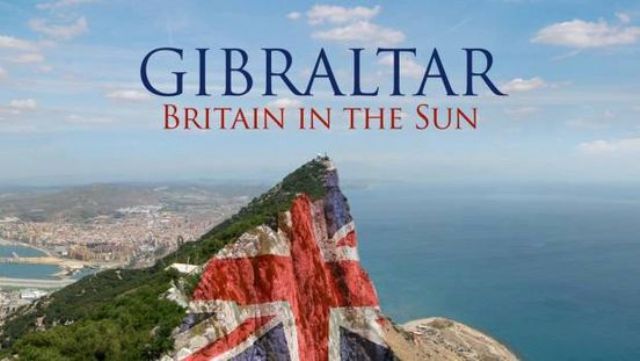 [photo: Visit Gibraltar Facebook photo]
[photo: Visit Gibraltar Facebook photo]
[These two excerpts are from the introduction to a special edition of The Round Table: The Commonwealth Journal of International Affairs.]
Gibraltar is a small territory, barely 7 km² in area and populated by a little more than 33,000 inhabitants. Despite its size, this territory has been of great interest to the international community throughout history. This can be partly explained by its geographical location, its historical antecedents and the ability of this territory to direct its destiny with effectiveness and determination. In this sense, Gibraltar has been the subject of territorial disputes between great powers, and remains so today. What is certain is that very few territories have undergone the historical, political, economic and legal transformation that Gibraltar has. A rocky and arid territory that a priori seemed uninhabitable has faced and overcome multiple obstacles to become one of the places with the highest living standards in the world.
In bringing together Gibraltarian, British and Spanish authors specialising in the study of this fascinating territory, this special issue aims at offering a multidisciplinary approach to a study of Gibraltar: historical, political and legal. The time frame underpinning these contributions ranges from the 18th Century, at which point Gibraltar came under British sovereignty, to the present, following Britain’s decision to withdraw from the European Union (Brexit). Moreover, our contributing authors engage with Gibraltar’s past and current status with a view to highlighting key aspects, be they historical, colonial or legal, that collectively tell of the complexity of experience and influences that have come to shape policies and indeed, the ongoing territorial claim. Proposals for a better future are made in the process, especially in light of the new challenge faced by Gibraltar in this post-Brexit age.
Finally, this issue includes the privileged and crucial view of the Deputy Chief Minister of Gibraltar, Joseph Garcia, who, as the minister responsible for Brexit-related matters, offers his first-person perspective of the negotiations between Spain, the United Kingdom and the European Union regarding the departure of Gibraltar from the European Union. Gibraltar left the EU in 2020, despite Gibraltarians voting overwhelmingly to remain in the UK’s 2016 membership referendum. In his paper, entitled ‘Gibraltar and the European Union: In and Out’, Garcia analyses Brexit from a historical and political approach to address what membership of the European Union has meant for Gibraltar, from its accession on 1 January 1973 to its departure on 31 January 2020.
These contributions offer perspectives that are both nuanced in terms of their analysis of the past, but also relevant in showing how this historical context reverberates to the present. They show how Gibraltar’s status as a British Overseas Territory, its strategic importance to Britain together with Spain’s territorial claim all come to a head as certain junctures in time. Brexit has brought many of these unresolved or unresolvable issues to the fore, and whilst this special issue may not have been thematically driven by Brexit, it is interesting to see how a number of the legal and historical discussions contained in these papers lead to a post-Brexit Gibraltar phase, where much remains to be negotiated.
We trust that the reader finds this The Round Table special issue on Gibraltar of interest. Our aim throughout has been to offer material that have the potential to improve understandings of Gibraltar, historically and in the present.
Maria Mut Bosque is with the International University of Catalonia, Barcelona, Spain and Jennifer Ballantine Perera is the Director of the Institute for Gibraltar and Mediterranean Studies, University of Gibraltar.



